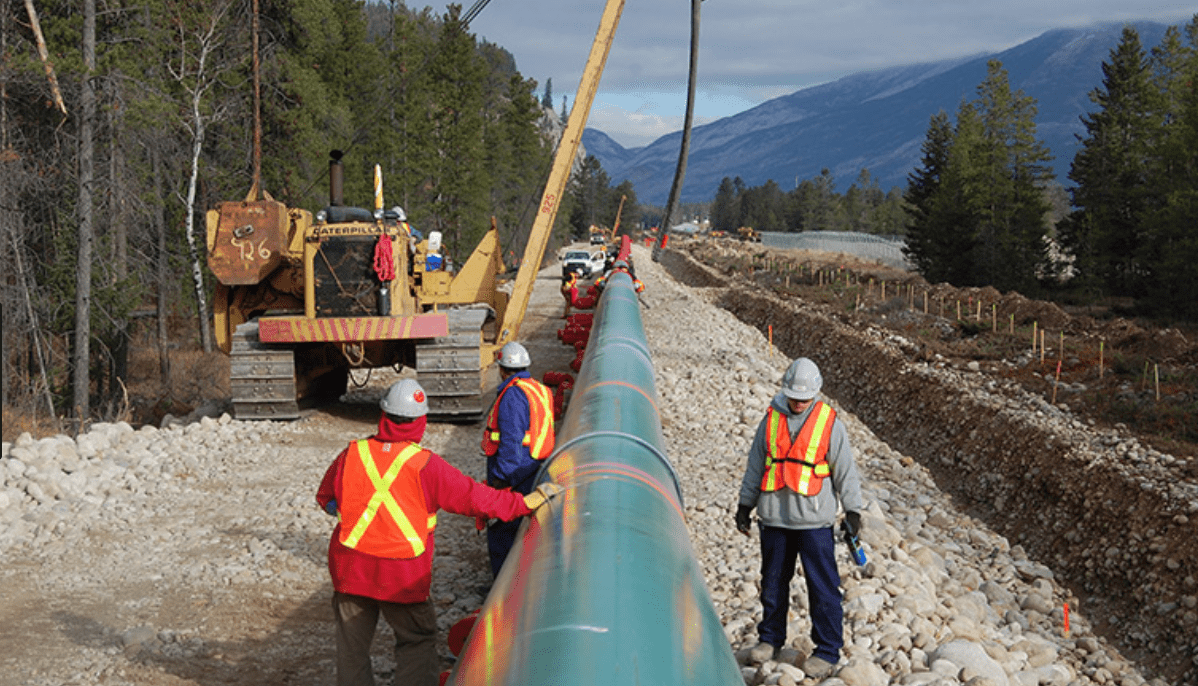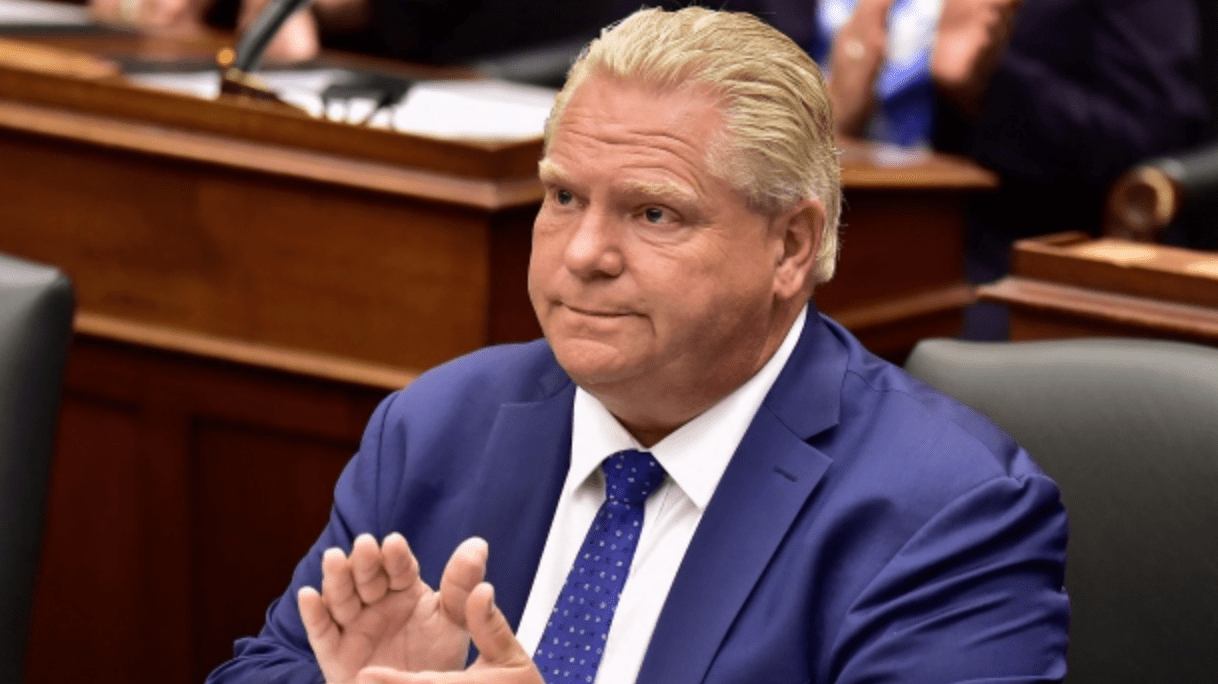Canada should look to the Alberta experience for an object lesson on why it needs to make diversification of export markets a top priority.
Being an export hostage to the U.S. has been a relative disaster for Alberta. The province will never get a fair price for its oil exports as long as all pipeline routes lead to one country, especially when Canada's pipelines are choked and the importing country in question has its own booming shale oil production.
In September, Western Canadian Select, Alberta's heavy crude, was priced at about $34 per barrel, compared to $69 for West Texas Intermediate crude.
The factors for Canada's current wider worry about North American trade are different, but the core issue — the stranglehold the U.S. has on Canadian exports — is similar.
One cure for both Alberta and Canada on the trade front is deceptively simple — diversify your export markets. Easier said than done. There's that darn geography issue for one thing. We're a long way from anywhere except the U.S.
And now there's the political threat issue — and heaven knows there have been plenty of threats from the current denizen of the White House.
But that can't stand in the way of making best efforts, from trade missions to government to government contact, to overcome the obstacles to finding a wider customer base.
Canada came out of U.S.-Mexico-Canada Agreement (USMCA) negotiations with a "could have been worse" result.
Chapter 19, the dispute resolution mechanism, survived. That provision has served western Canada's forestry industry well over the years.
Dairy took a battering, but the sector wasn't gutted.
For Alberta, talk of oil tariffs failed to materialize and the province's Economic Development Minister Deron Bilous points out that a line was struck out that guaranteed a certain amount of oil must be shipped to the U.S. from Canada.
"When you look at some of the potential alternatives and what could have happened — potential barriers to trade or tariffs in our energy sector — that would have had monumental impacts on Alberta and all of Canada," he said Monday.
What should give Alberta, and Canada in general, more pause is the "non-market country" clause in the new agreement and its potential to limit access to a major market for Canada's exports.
The clause requires USMCA participants to give notice when they plan to negotiate free trade with a "non-market" country. USMCA signatories can withdraw from the North American pact if they don't like their partner's proposed new deal. Critics argue this is President Donald Trump's stick to prevent trading partners from making deals with his current foe-of-the-day, China.
The tactic isn't surprising. Note that his title for the new deal pointedly removed the term "free trade". 'America first' isn't just about internal policy — it's about maintaining the hostage relationship of client states.
In times of a more benign American regime, the advantage of being cheek by jowl with the massive American market has been, on balance, just fine for Canada. Trade has been pretty evenly balanced and both have prospered.
Alberta's oil price plight, however, which is based on economic factors beyond the purely political realm, should have been a warning of potential trouble. Now the Trump regime's unpredictability is clanging the alarm bells about the inherent risks of tying the economy so exclusively to one country.
The U.S. market accounts for 75 per cent of Canada's exports. Alberta, which exports 99 per cent of its oil to the U.S., has been frantically trying to increase its potential to get product to tidewater in order to diversify that market.
Heaving a sigh of relief because Canada got and 11th hour deal inked with the U.S. is not enough. What is needed now is a policy to cushion the country from the kind of peril it has been experiencing in recently months. Even if the purely political threat presented by a capricious American president diminishes with the next couple of election cycles, the larger economic issue remains.
Canada has the advantage of its existing trade relationships in Europe and Asia. It should be stepping up its market growth in India, southeast Asia, Europe and South America.
And Canada needs to find a politically palatable way to increase pipeline reach to ports, to bolster Alberta's key contribution to the nation's economic health.








